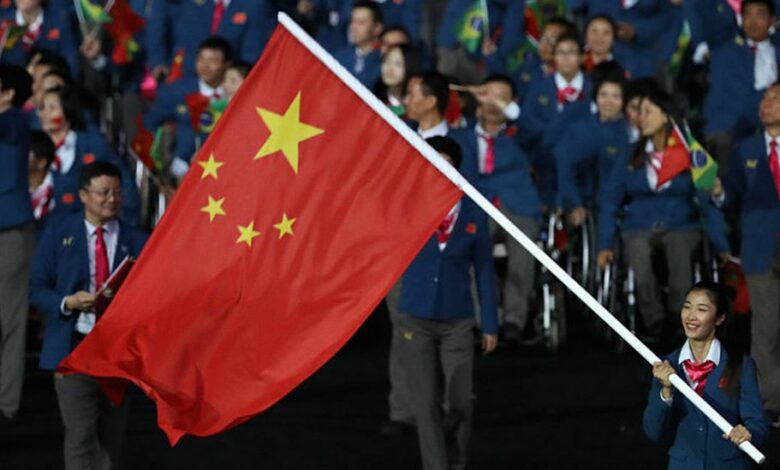By Yi Xin
Following a highly politicized weekend in Taiwan, over 80 countries have come out to reaffirm their commitment to the one-China principle. Standing in stark contrast is the US, which issued a statement congratulating the DPP leader, a self-professed “pragmatic worker for Taiwan independence,” in a move that threatens to exacerbate tensions in the Taiwan Straits and jeopardize the positive momentum of China-US relations.
However, this should come as no surprise given the US’ track record of saying one thing and doing the opposite. It claims it has a one-China policy, but keeps watering it down by adding qualifiers and caveats such as “guided by the Taiwan Relations Act, and the Six Assurances.” It says it does not support “Taiwan independence,” but continues to refer to the island’s leader as “president” and attempts to include Taiwan in international organizations meant for sovereign states only. It claims to be committed to cross-Straits peace and stability, but keeps selling weapons to the island to arm it into a “porcupine.” The list goes on. It’s hard for anyone to take its words seriously any more.
Such duplicity is once again on display this week. While sending congratulations on what it calls a “presidential election” and jetting in former senior officials to Taiwan, it was also quick to repeat that it does not support “Taiwan independence,” citing precedents for the statement and high-level delegation, and downplaying the group as
being “unofficial.” But wrongful actions are not to be explained away by saying “we have always been doing this.”
If the US is serious about following precedents, why doesn’t the administration recommit to opposing “Taiwan independence,” as stated by quite a few US presidents when they were in office?
Worse still, the US has been pushing those nefarious precedents even further in a salami-slicing strategy. Take the statement on Taiwan’s regional leadership change, for example. It has been moved up from the level of State Department spokesperson in 2016 to Secretary of State in 2020 and 2024. In sending post-election “unofficial” delegations, instead of waiting until the inauguration like in the past, the US is doing it right after the results are out, and the level of representation is raised as well, with such high-profile figures this time as former national security advisor Stephen Hadley and former deputy secretary of state James Steinberg.
In parallel with these incremental political maneuvers, the US is also quite active militarily. It keeps sending more arms to Taiwan and is using the Foreign Military Financing program for the first time as a funding source, which has only ever been used for sovereign states. The US is expanding its troop presence in Taiwan and is reported to be receiving two battalions of ground troops from Taiwan for training for the first time since the 1970s.
All of this is easier to understand in the context of US Assistant Secretary of Defense Ely Ratner’s words when he practically described Taiwan as a strategic asset that is “critical to the defense of vital US interests in the Indo-Pacific.”
Inconsistency across different branches of the US government also characterizes its one-China policy. The Congress seems dominated by warmongers interested in nothing but hyping the “China threat” and fanning the flames across the Taiwan Straits. And the executive branch looks both unwilling and unable to do anything about it, let alone enforce the one-China policy across the entire US government.
All these regressive steps in diplomatic, military and political realms are chipping away at the credibility of the US’ China policy. The few reassurances it offers look dubious. In a Foreign Affairs article “Taiwan and the True Sources of Deterrence,” America’s own experts argue that reassurances are a means for more effective deterrence. In other words, deterrence and containment remain at the heart of America’s China strategy.
If the US cares anything about the credibility of its one-China policy, now is the time to show sincerity. There are so many steps it could take: stating unequivocally its opposition to “Taiwan independence,” freezing its arms sales to Taiwan, and expressing support for China’s peaceful reunification. These are nothing more than the basics of following a genuine one-China policy.
The author is a Beijing-based international affairs commentator.

